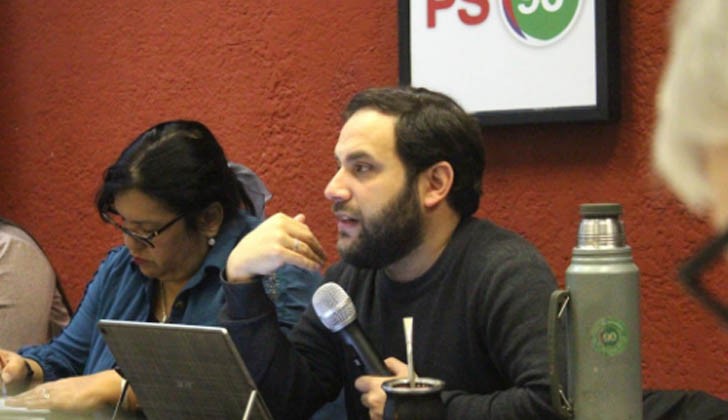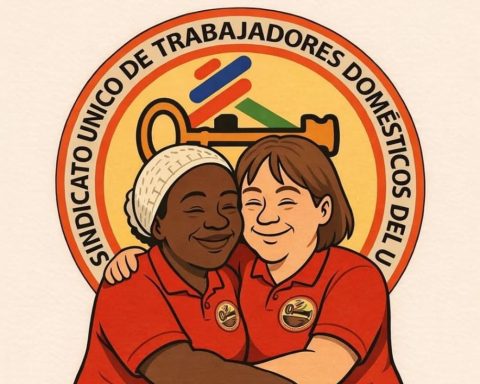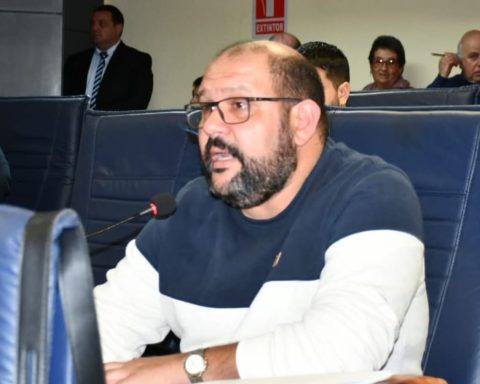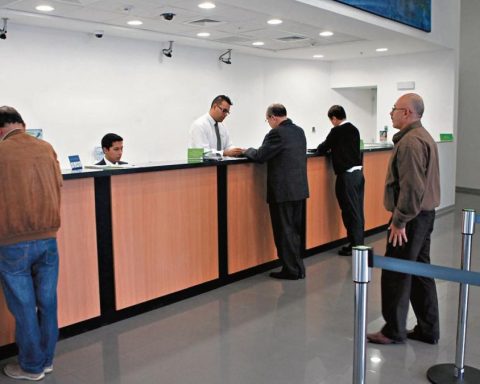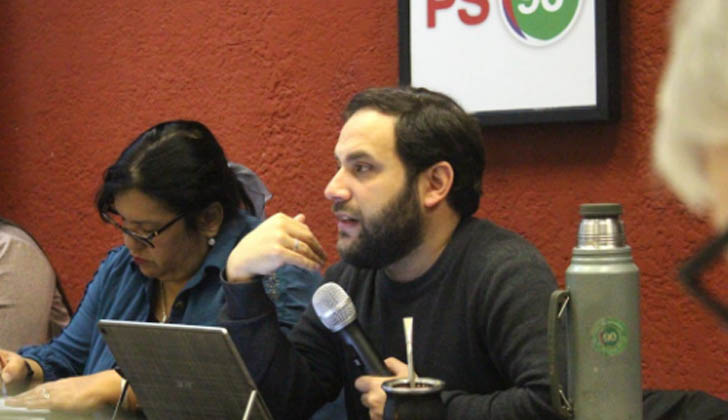
A few days ago, the Central Committee of the Socialist Party called: “119 years of José Pedro Cardoso” met.
After the meeting, the Socialists approved a declaration through which they refer to the fact that halfway through the term of Luis Lacalle Pou’s government “the worst projections have been confirmed”, among which “the concentration of wealth, destatization and commodification of public services, institutional violence and criminalization of protest, have been the pillars of government policy in favor of large companies and wealth and against the working class and the great majority of the people.
The Socialist Party assures that one expression of this has been the “reduction of real wages and retirement, in a context of a growing economy.”
The socialists question the reduction of the resources arranged in the Rendering of Accounts as a balance of public spending assigned and executed. “In 2021 compared to 2019, fewer resources have been given to ANEP (-150 million dollars), ASSE (-70 million), UDELAR (-40 million), Housing (-50 million), Judicial Power (-45 million) ”.
Violence
The Socialist Party document mentions situations of extreme violence, since in less than 24 hours seven Uruguayans were murdered, including a five-year-old boy.
“The national government insists on a wrong policy instead of investing in comprehensive violence prevention strategies. Nor can we ignore the multiple signals and decisions that have favored the growth of drug trafficking and organized crime. The scandalous episode of the passport (issued to Sebastián Marset) commented on these days is symptomatic, but the problem is deeper and even more serious: to give an example, the LUC has paved the way for drug trafficking by favoring money laundering by allowing transactions in cash for up to more than 100 thousand dollars”, remarked the Socialist Party.
Social Security
In reference to the debate on social security, the Socialist Party argues that the government’s argument that life expectancy has increased, and taking into account the demographic reality of the country, people must work more years to sustain the system, is “as simplistic as it conceals other realities”.
“In Uruguay and in the world, life expectancy is not the same among the poor as among the rich, nor is it evident that the longer life span, the result of scientific and technological advances produced by work and human intelligence, should necessarily go to work. On the other hand, the wealth produced by Uruguay has multiplied by three since the 1995 reform and that should be the focus of the discussion when it comes to defining who should contribute more to sustain a social protection system that cares for people during their whole life and how they should do it”, is indicated in the document of the Socialist Party.
The socialists refer to the need to make a critical balance regarding the previous reform, the “AFAPS were introduced with the promise of solving the sustainability problems of the system, however, as happened in other countries that evaluated results and returned to a Entirely public system, the administrators obtained profits with the workers’ money, but the sustainability problems were not resolved”.
